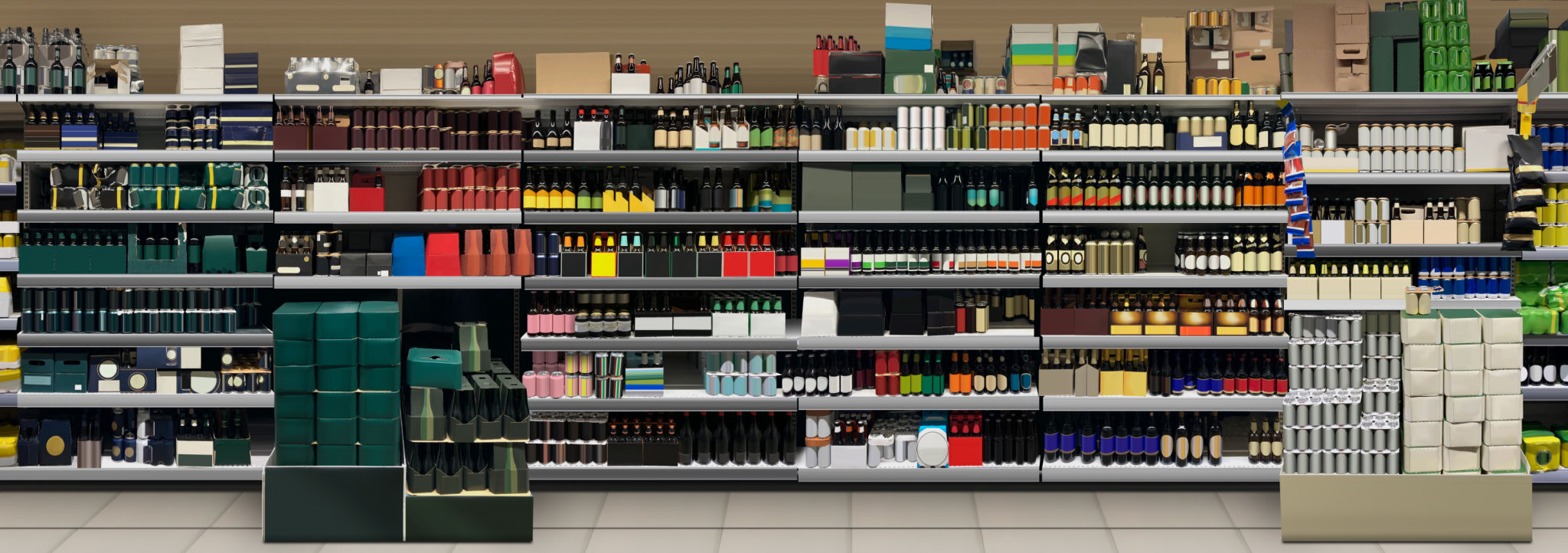Expert Advice: Successful Liquor Marketing Strategies from Industry Leaders
CD
Understanding the Liquor Market Landscape
The liquor industry is a dynamic and competitive field that requires strategic marketing to stand out. Industry leaders emphasize the importance of understanding the market landscape, including consumer preferences, trends, and regulatory considerations. By gaining insights into these areas, brands can tailor their marketing strategies to effectively engage their target audience.

Emphasize Brand Storytelling
One of the key strategies in liquor marketing is emphasizing brand storytelling. Consumers connect with brands that have a compelling story, which can enhance brand loyalty and recognition. Industry leaders recommend crafting narratives that highlight the brand's heritage, values, and unique selling points. This approach not only captivates the audience but also differentiates the brand in a crowded marketplace.
Leveraging Digital Marketing Channels
In today's digital age, leveraging online platforms is crucial for successful liquor marketing. Social media, in particular, serves as a powerful tool for engaging consumers and building brand awareness. Platforms such as Instagram and Facebook provide opportunities for creative content showcasing products, engaging with followers, and hosting virtual events.

Additionally, email marketing remains a valuable asset for reaching consumers directly. By offering exclusive promotions and personalized content, brands can foster a deeper connection with their audience. It’s important to ensure that all digital marketing efforts comply with industry regulations to avoid potential pitfalls.
Innovative Packaging and Design
Packaging plays a significant role in attracting consumers' attention and conveying a brand's identity. Industry leaders advise investing in innovative packaging designs that reflect the brand's essence and appeal to target demographics. Whether it’s through unique bottle shapes, artistic labels, or sustainable materials, creative packaging can make your product stand out on shelves.

Collaborations and Partnerships
Collaborations with influencers and other brands can amplify marketing efforts by reaching new audiences. Industry leaders suggest forming partnerships with influencers who align with the brand's image and values. These collaborations can take various forms, such as sponsored posts, events, or limited-edition product lines.
Hosting Engaging Events
Hosting events, both virtual and in-person, provides an excellent opportunity for brands to engage with consumers directly. Tasting events, mixology classes, and brand-sponsored festivals allow consumers to experience the brand in an interactive setting. These experiences not only foster brand loyalty but also generate word-of-mouth marketing.
Data-Driven Decisions
Finally, data-driven decisions are at the core of successful liquor marketing strategies. By analyzing consumer data and market trends, brands can make informed decisions about product development, pricing strategies, and promotional efforts. Industry leaders advocate for utilizing analytics tools to track campaign performance and adjust strategies accordingly to maximize effectiveness.
In conclusion, successful liquor marketing requires a multifaceted approach that combines traditional methods with modern innovations. By understanding the market landscape, emphasizing storytelling, leveraging digital channels, creating innovative packaging, forming strategic partnerships, hosting events, and making data-driven decisions, brands can enhance their market presence and achieve long-term success.
